Artificial intelligence developed in the 20th century can already do much of what distinguished human beings from animals for millennia. The computational power of computer programs, which mimic human intelligence, is already far superior to own own. And ongoing developments in natural language and emotion detection suggest that AI will continue its encroachment on the domain of human abilities.
Works of science-fiction have already imagined humanoid robots that think and, crucially, feel like human beings. Harvard Law Professor Glenn Cohen identifies the films A.I., originated by Stanley Kubrick and directed by Steven Spielberg, and Ex Machina as standard bearers in the ongoing discussion about what actually distinguishes humans from machines.
While the question may seem fanciful, abstract, and even unnecessary, it’s actually quite essential, says Cohen. Our lamentable history of denying certain classes of humans basic rights — blacks and women are obvious examples — may even make the question urgent.
At the heart of the matter is the distinction between people and human beings. A person must be afforded essential rights, like the right of non violability, and this makes defining a person as a human being very attractive. It is, however, not an unproblematic definition. Cohen paraphrases the influential animal liberation philosopher Peter Singer to say, “the kind of things that have moral consideration on the basis of the mere fact that they’re not a member of your species…is equivalent morally to rejecting giving rights or moral consideration to someone on the basis of their race. So he says speciesism equals racism.”
To further complicate defining persons as human beings, Cohen identifies some human beings that are not persons: anencephalic children, i.e. babies born who are missing large portions of their brain. “They’re clearly members of the human species,” says Cohen, “but their ability is to have kind of capacities most people think matter are relatively few and far between.” So we reach an uncomfortable position where some human beings are not persons and some persons may not be human beings.
Faced with this dilemma, Cohen suggests we err on the side of recognizing more rights, not fewer, lest we find ourselves on the wrong side of history.
By bigthink.com







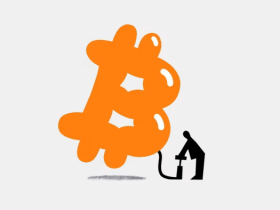
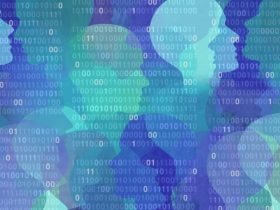
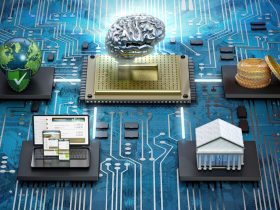
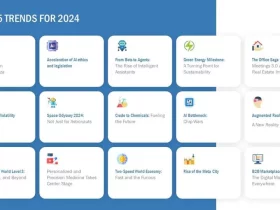



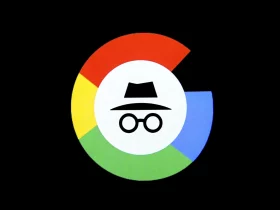






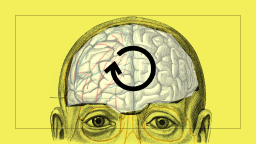


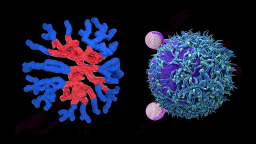



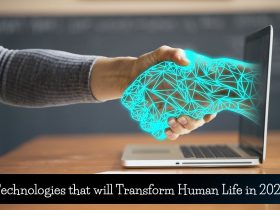

Leave a Reply